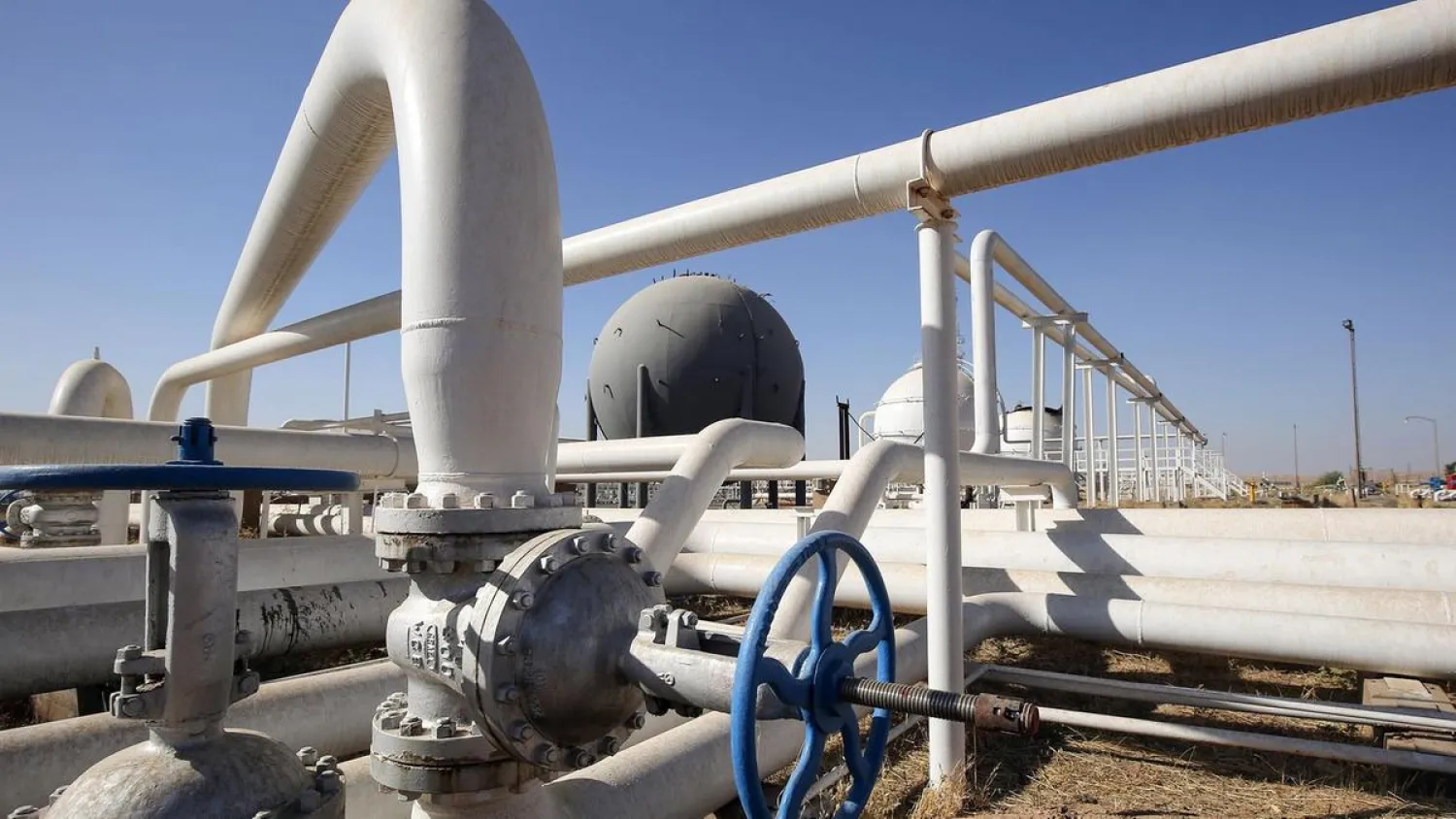Chaos reigned on Wednesday as Russian officials said there was a need to increase the production of the Organization of the Petroleum Exporting Countries (OPEC) and its independent producers, known as OPEC Plus, while US President Donald Trump held OPEC responsible for the rise in oil prices.
Iran, however, announced its refusal to increase OPEC production at the next meeting, while rejecting the intervention of the US president in the policy of the organization, which it sees as independent and sovereign.
Saudi Arabia is trying to satisfy everyone, those supporting the increase of production and those opposing it, by offering several scenarios to increase production that will provide many solutions but at the same time not affect the price of oil significantly, sources told Bloomberg.
Saudi Arabia is mulling different scenarios to raise production over the coming months by between 500,000 barrels and one million barrels a day, Bloomberg added.
It said that one proposal envisages a single hike of just 500,000 barrels a day. Another idea would see an immediate increase of 500,000 barrels, followed by a similar rise in the fourth quarter. The Kingdom has also shared ideas with increases of around 600,000 to 700,000 barrels a day.
In contrast, Saudi Arabia and several other OPEC members, including the United Arab Emirates and Kuwait, and non-OPEC nation Oman would prefer a gradual production boost to avoid upsetting the oil market.
Russian President Vladimir Putin and Saudi Arabian Crown Prince Mohammed bin Salman will meet in Moscow to discuss oil policy on the sidelines of the opening match of the Football World Cup, Kremlin spokesman Dmitry Peskov told reporters on Wednesday.
Peskov said the two would discuss the global oil production cut agreement, which Saudi Arabia and Russia are leading, but did not plan to discuss an exit from the deal.









